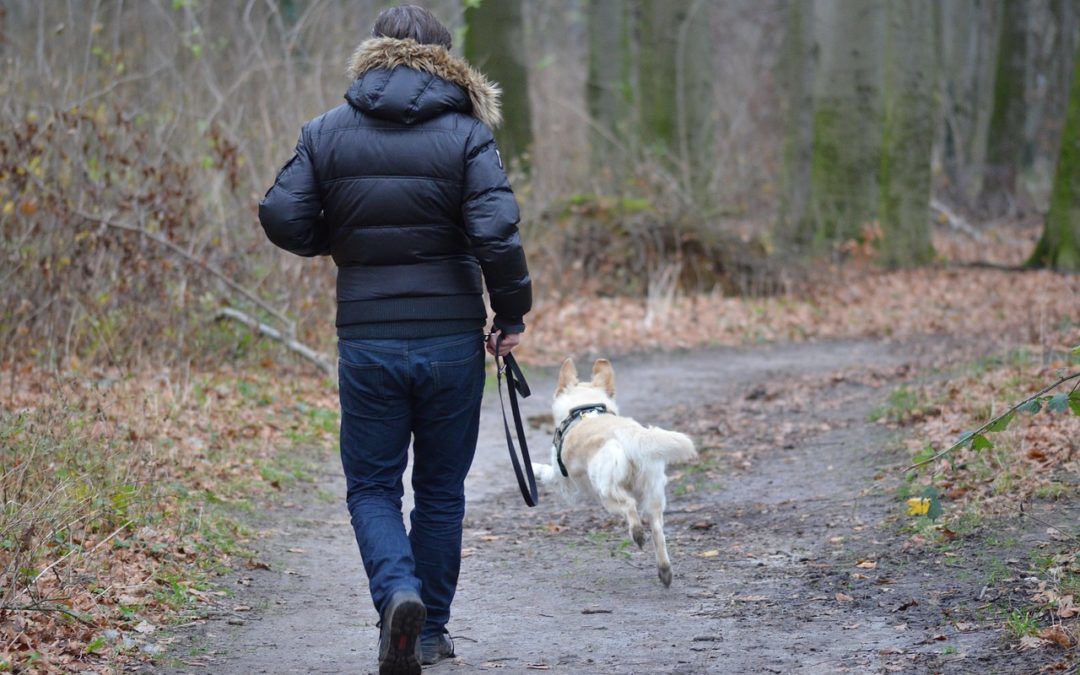Q: Years ago, we purchased a Siberian husky from what we thought was a good breeder in Pennsylvania. Unfortunately, it turned out to be a ‘puppy mill.’ How can we find a good breeder and make sure we don’t make that same mistake again?
— Sam and Nina Cohen, Locust Point
Great question! Puppy mills are awful facilities that breed for profit with total disregard for the well-being of the animal. They usually inbreed families of the same dogs over and over, resulting in a lifetime of medical issues. The dogs and puppies are kept in horrible, inhumane conditions until someone comes to purchase them. Then, they are cleaned up and put in the home or a clean kennel.
Always do your research. A good breeder only breeds one or two varieties of dogs and keeps meticulous records. Tell them you would like to speak to their veterinarian. This way you can verify that the dogs have been well cared for.
Also, a good breeder will interview you as well. This shows how much they care about their particular breed and dog. They will want it placed in the best home possible.
Look up reviews on the internet and call the American Kennel Club. They will tell you if complaints have been filed.
Also, there are some glaring red flags that scream puppy mill. Here are a few:
- Offers multiple breeds of dogs/puppies;
- Will not allow you to tour the property or see the kennels;
- Will not allow you to meet the parents of the puppies;
- Offers puppies for sale before 8 weeks of age;
- Cannot explain the breed standard of the pup they are selling;
- Constantly advertises on the internet/newspaper;
- Puppies in a pet store usually come from Midwestern puppy mills;
- The Amish are linked to a large group of puppy mill farms. Always ask if you can take a photo of the puppies and the premises.
Please remember, always try to rescue. Every AKC breed has a dedicated rescue for each breed it represents. My personal favorite is any dog or puppy who can be saved.
Q: A few times a year, I travel by plane with my dog. She is a boxer who loves everyone. However, she is always aggressive for the first day or so after we land. What can I do about this?
— Marissa Kennedy, Potomac
Dogs who were bred originally for guard purpose such as boxers, Rottweilers, Dobermans, etc., are more prone to reveal their fear and frustration as aggression. Traveling by plane in the cargo area can be stressful for any dog, as it is separated from humans and is in a loud and confusing area.
We also do not know what she is encountering from the time you leave her until the time you pick her up. Try putting a weighted vest on her as it will give her some purpose and focus. Do not get over-excited when you first see her. She may mistake this as you being fearful as well and ramp up her protective side. Allow her time to acclimate to the new surroundings without too much human interaction.
Advise your friends and family to ignore her until she comes to them for a greeting. Her need to re-establish her comfort zone is normal.
Joy Freedman is a dog behaviorist and obedience instructor. She can be reached at joyofdogs@aol.com





